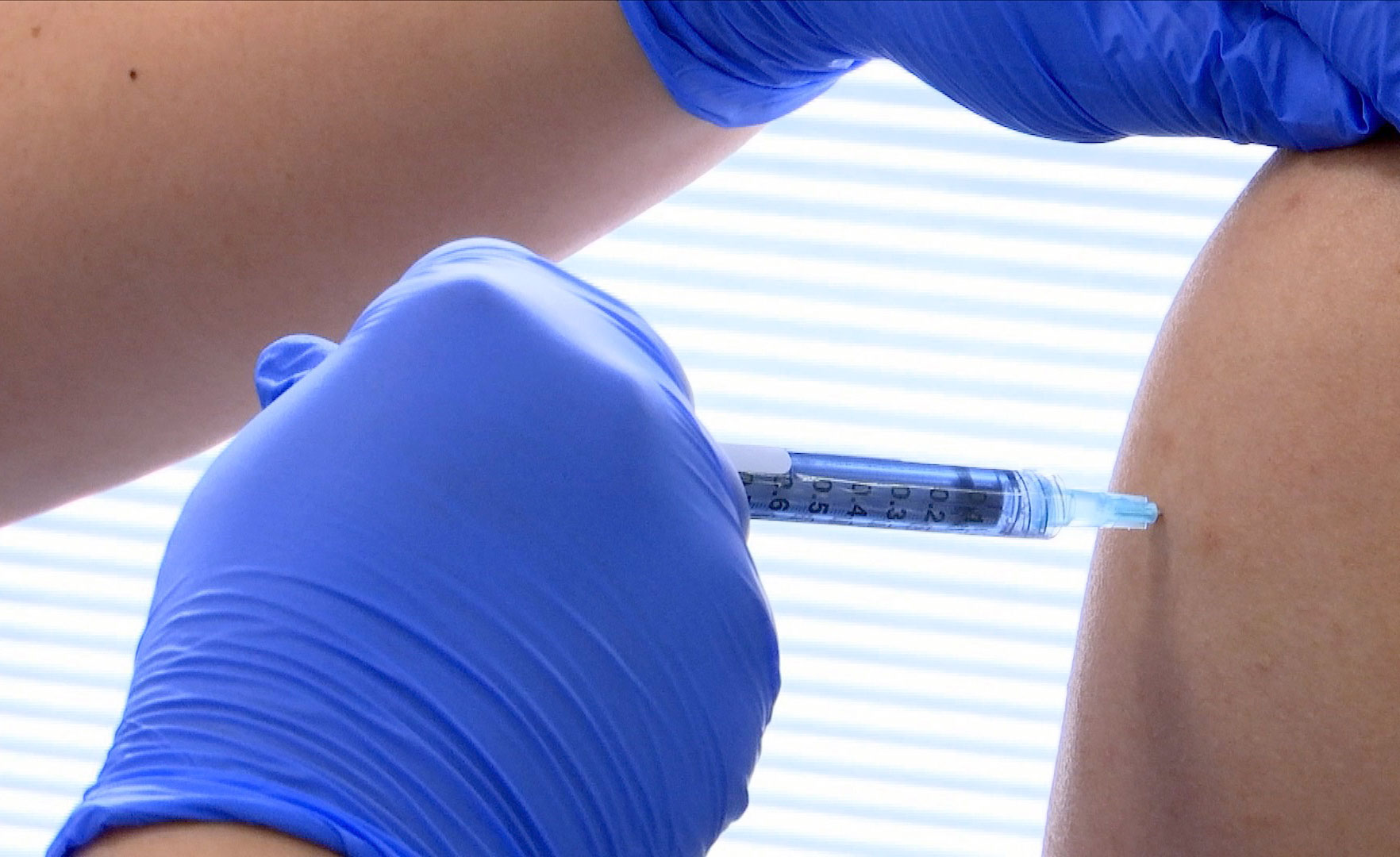The news: Maryland biotechnology company Novavax has announced encouraging results from a preliminary study of its experimental coronavirus vaccine. The trial enrolled 131 healthy volunteers in Australia, gave them either a placebo or one of four escalating doses of its vaccine, and found that everyone who received the vaccine produced a high level of antibodies against covid-19. Novavax signed a deal last month to receive $1.6 billion in funding as part of the US federal government’s “Operation Warp Speed” program to develop a covid-19 vaccine.
Any side effects? About 80% volunteers experienced pain and tenderness at the injection site, while more than 60% had other side effects like fatigue and headaches. Most reactions were mild, but eight patients had severe side effects. Novavax says no one was hospitalized as a result, and all of the reactions disappeared after a few days.
Some provisos: As with any Phase I trial, the aim was to establish the safety rather than the efficacy of the vaccine. The data has been published on a preprint server, which means it hasn’t been peer-reviewed yet. Much like vaccine study results recently published by the Oxford/AstraZeneca team, and the Moderna trial, it’s too early to draw firm conclusions about whether the vaccine will protect against coronavirus long-term. That’s why Moderna and AstraZeneca are now enrolling tens of thousands of volunteers for the next stage of trials, when we’ll get a clearer picture of just how likely these vaccines are to work.
Don’t settle for half the story.
Get paywall-free access to technology news for the here and now.
